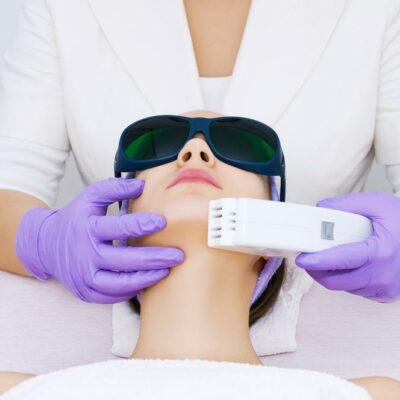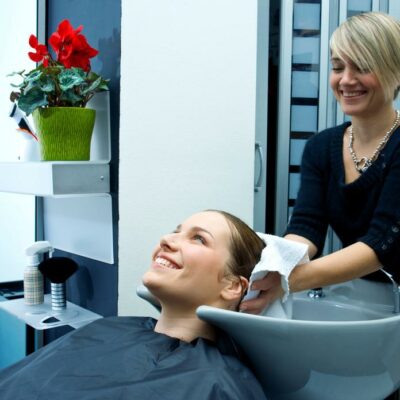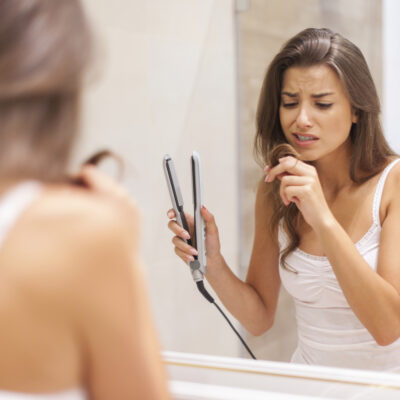
5 Natural Remedies for OAB
Overactive bladder (OAB) is a medical condition that causes an uncontrollable urge to urinate regardless of the time of day or situation. This condition may negatively affect all aspects of your life and can be quite difficult and embarrassing to live with. Thankfully, there are quite a few ways in which patients can manage OAB without the interference of medications.
If you believe that you have OAB, you may experience one or more of these symptoms:
- Frequent urination
- Unintentional loss of urine
- Waking up at night to urinate
- Uncontrollable urge to urinate
If you have been diagnosed with OAB, or strongly feel that you may have this condition, here are a few ways you can manage your condition at home:
1. Do Kegel exercises
One way to avoid a frequent urge to urinate is by strengthening the muscles surrounding your pelvic region. This is otherwise known as a kegel exercise. If you are unsure of how to do this, attempt to stop urinating on your next trip to the bathroom. These are the muscles and motion you should make when performing a kegel exercise. Simply squeeze the muscles located on the pelvic floor. It is recommended to hold each squeeze for about three seconds and perform 30 of these every day.
2. Avoid caffeine
Caffeine is one of the main contributing factors to OAB. Caffeine can increase bladder activity and create a higher urgency of urination. Reducing your daily caffeine intake from drinks such as coffee and tea can greatly lessen the symptoms of OAB.
3. Quit smoking
Smoking has plenty of negative effects on your body and can affect your bladder as well. Smoking will irritate the bladder and cause frequent urination. In addition, it can also cause bouts of coughing which can result in urine leakage.
4. Eat a fiber rich diet
Fiber is commonly known to help relieve symptoms of bowel conditions such as constipation. When eaten in large amounts, it can lessen the pressure on your bladder and promote a healthier schedule of urination. Foods rich in fiber include lentils, beans, barley, bran, and almonds.
5. Shed excess weight
Weight gain can place pressure on your abdomen and eventually lead to frequent urination. Experts recommend attempting to shed at least 8% of your body weight to reduce symptoms of OAB. This can be done by dieting, frequent exercise, and even training with a weight-loss expert.
A variety of underlying conditions can cause OAB; however, the most prominent reason is an involuntary bladder contraction. This means that your bladder may begin to contract regardless of the volume of stored urine. Several factors can cause this to occur, including diabetes, hormonal changes, tumors, bladder stones, medications, consumption of alcohol, neurological conditions, and urinary tract infections.
Overactive bladder is typically more common in elderly individuals over the age of 75. While this is due to age and a weakening excretory system, gender can also greatly affect a person’s risk for developing OAB. Females are more likely to develop this condition due to hormonal changes from menopause, weight gain during pregnancy, or even method of birthing. Thankfully, there are several natural aids for OAB, as well as medications that can be prescribed for overactive bladder (i.e., Axonics).


